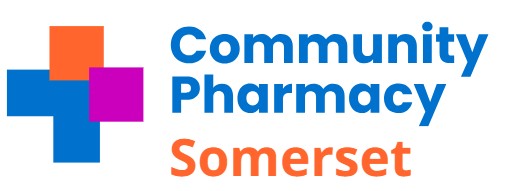Pharmacy First – Promoting the service to the public
Monday 6th May 2024
Briefing Event: Critical Pressures and the Future
7th May 2024 7:00 PM
Online (please register for access link)
Register for the Engagement Event
Please note:
- Registration will close at 3pm on the day of the event.
- This event is for community pharmacy owners or their representatives, pharmacy team members and LPC teams only.
- It is not open to journalists so we can have frank and honest discussions with pharmacy owners.
